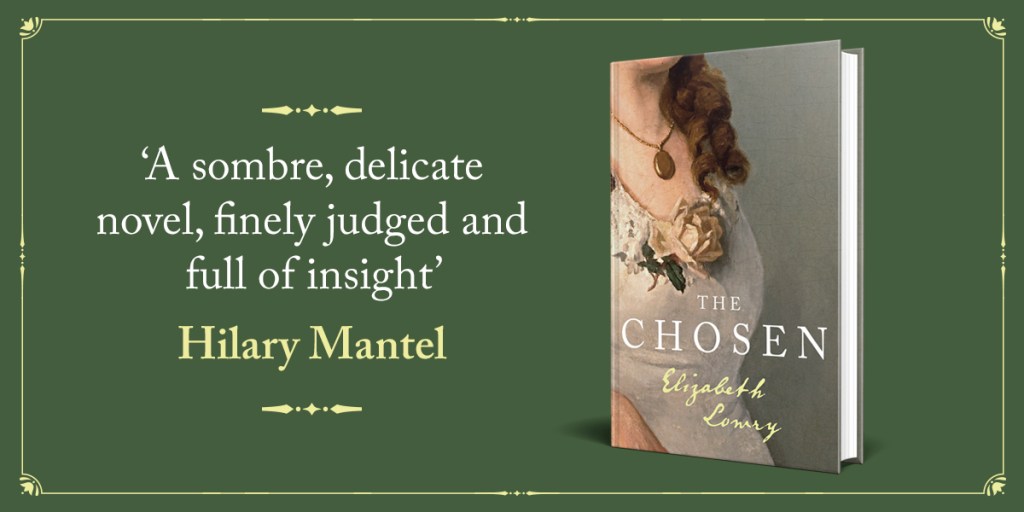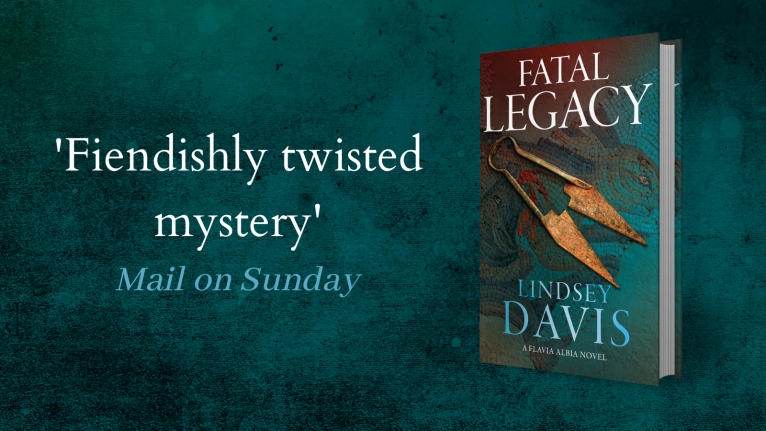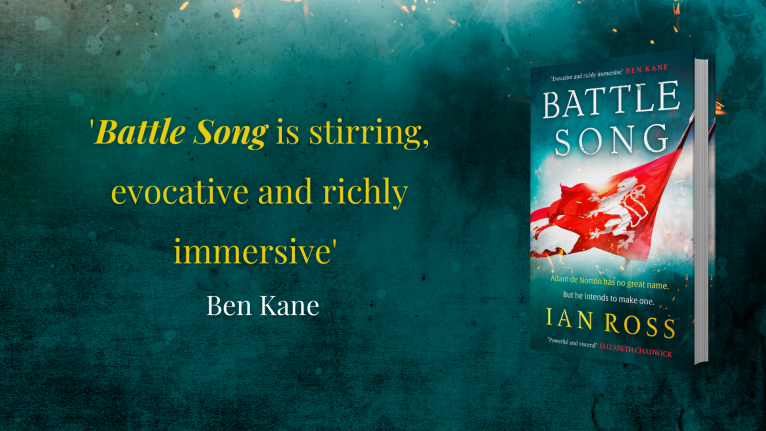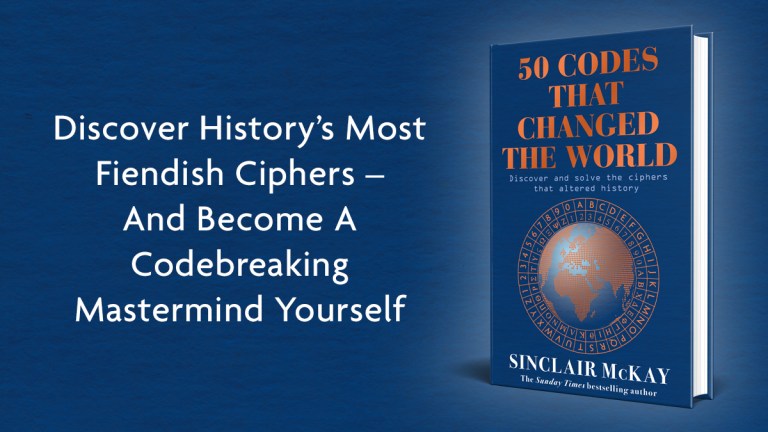‘Woman much missed’: the puzzle of Thomas and Emma Hardy’s marriage

Publishing 14th April, The Chosen, the extraordinary new novel by Elizabeth Lowry, is a fictional representation of Thomas Hardy’s marriage to Emma Hardy. Here, Elizabeth shares her inspiration behind The Chosen.
Dorset, 1912. When I began my new novel The Chosen, I had a clear vision of an elderly man sitting at a writing table after a lifetime’s success as a novelist and poet: Thomas Hardy at 72, surrounded by paper, dressed in the shabby trousers he likes to wear while working, warding off all interruptions. He lives a separate life from Emma, his wife of nearly 40 years. For two decades she’s kept to herself in the attic rooms at the top of Max Gate, the big red-brick house in Dorchester which he built for her, while he’s worked in his study directly below. Once she was intensely involved in his writing, acting as his copyist and daily support – not least in shaping the manuscript of Tess of the d’Urbervilles (1890), the novel that made his name. But their marriage has long been soured as he’s become more and more absorbed in his professional life, to the point where they rarely meet, and don’t speak. And now, quite unexpectedly, one November morning, Emma dies.
Stunned by her loss, Tom is forced to confront their many years of estrangement. In the days that follow, he’s tormented by conflicting feelings of guilt at his relationship with a much younger woman, Florence Dugdale, and longing for the Emma he once loved and courted – as well as by bewilderment at the mysterious cause of the bitter quarrel between them on the day before her death. His perplexity only increases when, sorting through Emma’s effects, he comes across a set of diaries that she had secretly kept about their life together, ominously titled ‘What I Think of My Husband’… How will an anguished husband and poet, who has always found writing easier than living, respond?
The story of Thomas Hardy and Emma Gifford begins in the West Country, in 1870. While working as an architect, the 29-year-old Hardy was commissioned that March to make plans for the restoration of St Juliot Church near Boscastle. When he arrived he was met at the rectory door by the rector’s blushing, high-spirited sister-in-law. This was his first sight of Emma. Within a week they’d fallen in love. Emma would encourage Tom to pursue his dream of abandoning architecture in order to become a writer, defying her family to marry him, as he did his to marry her. After Emma’s death, Hardy wrote an extraordinary series of love poems to her, the ‘Poems of 1912-13’, which remembered and celebrated this heightened time – but only once it was too late.
The puzzle that gripped me was: why did Hardy choose Emma Gifford as his wife in the first place? And how did a marriage that started with such high hopes go so wrong? It appears that even more than her ‘rosy’ good looks and vivaciousness – Hardy remembered later that she was ‘the most living person’ he’d ever met – Emma’s appeal for Hardy lay in the absolute faith she had in his literary abilities, and her love of literature itself. She wasn’t only an avid reader but had ambitions of being a writer too. Once she was Mrs Hardy, these all came to nothing.
Tragically, it seems that marrying Hardy turned Emma’s youthful enthusiasm for literature into a lifelong prison. She really did keep those diaries chronicling her dissatisfaction with the marriage: in two letters Florence Dugdale, who became Hardy’s second wife, records his horrified reaction at discovering them. I imagine that Emma found the reality of the literary life hard to stomach: not just fitting around Hardy’s relentless work schedule, but having to take second place to the constant pressure of an absorbing vision. The couple had no children. In my novel their childlessness, and the possible reason for it, becomes the agonizing focal point of her unhappiness. Emma must often have felt that in choosing her, Hardy had simply chosen to take literature to wife after all.
The difficulty for me, of course, was that most of this was conjecture. Hardy was a famously guarded man who seldom talked about his private life. And though Emma could occasionally be indiscreet, in her correspondence, about the trials of being married to an author, we’re unable to consult her diaries because Hardy took good care to burn them soon after he’d read them. When reconstructing the diaries, I had to invent. I also had to be careful to take her seriously – to make her seem fey, perhaps, as we know from her reported conversation that she could be in life, but not foolish. Emma was no fool, and she’d plainly got the measure of her husband early on: of his ambition, and his sheer creative will. On Hardy’s side, Emma’s whimsical charm and skittish energy later proved an irritation, and his friends and family gossiped unkindly that she was mad. Or was she just driven to distraction by his detachment and complacency? You decide.
Elizabeth Lowry






